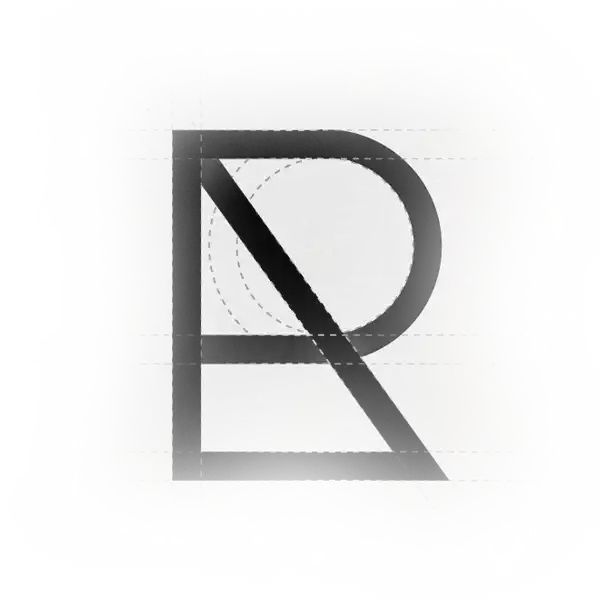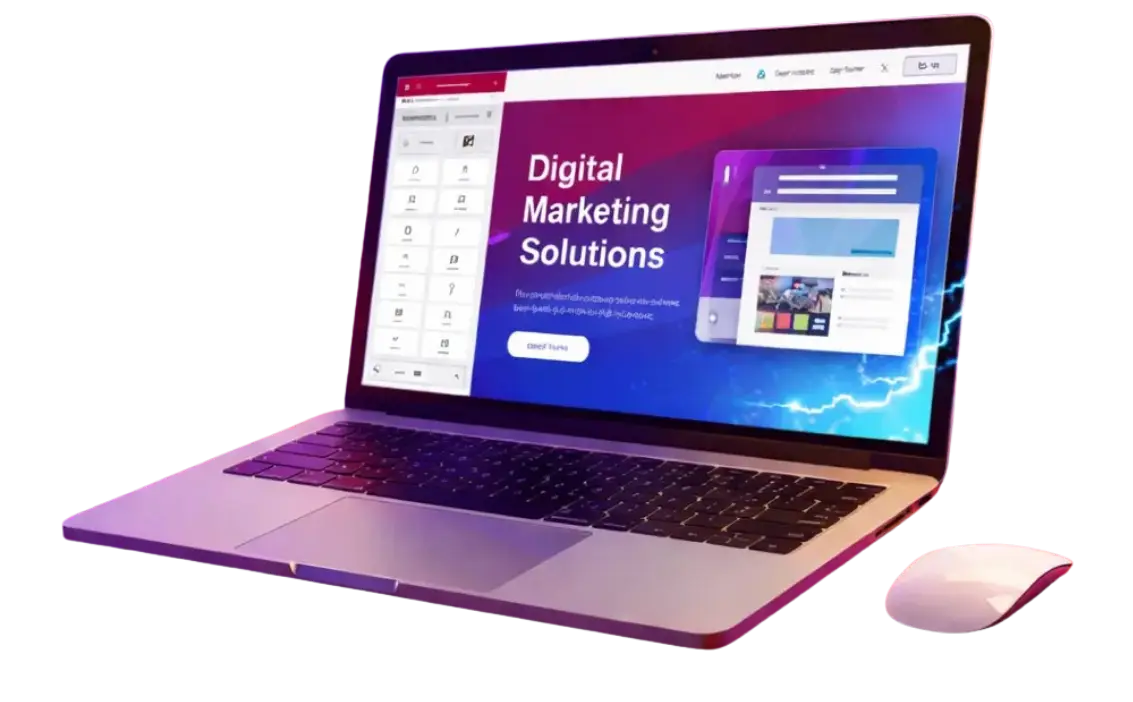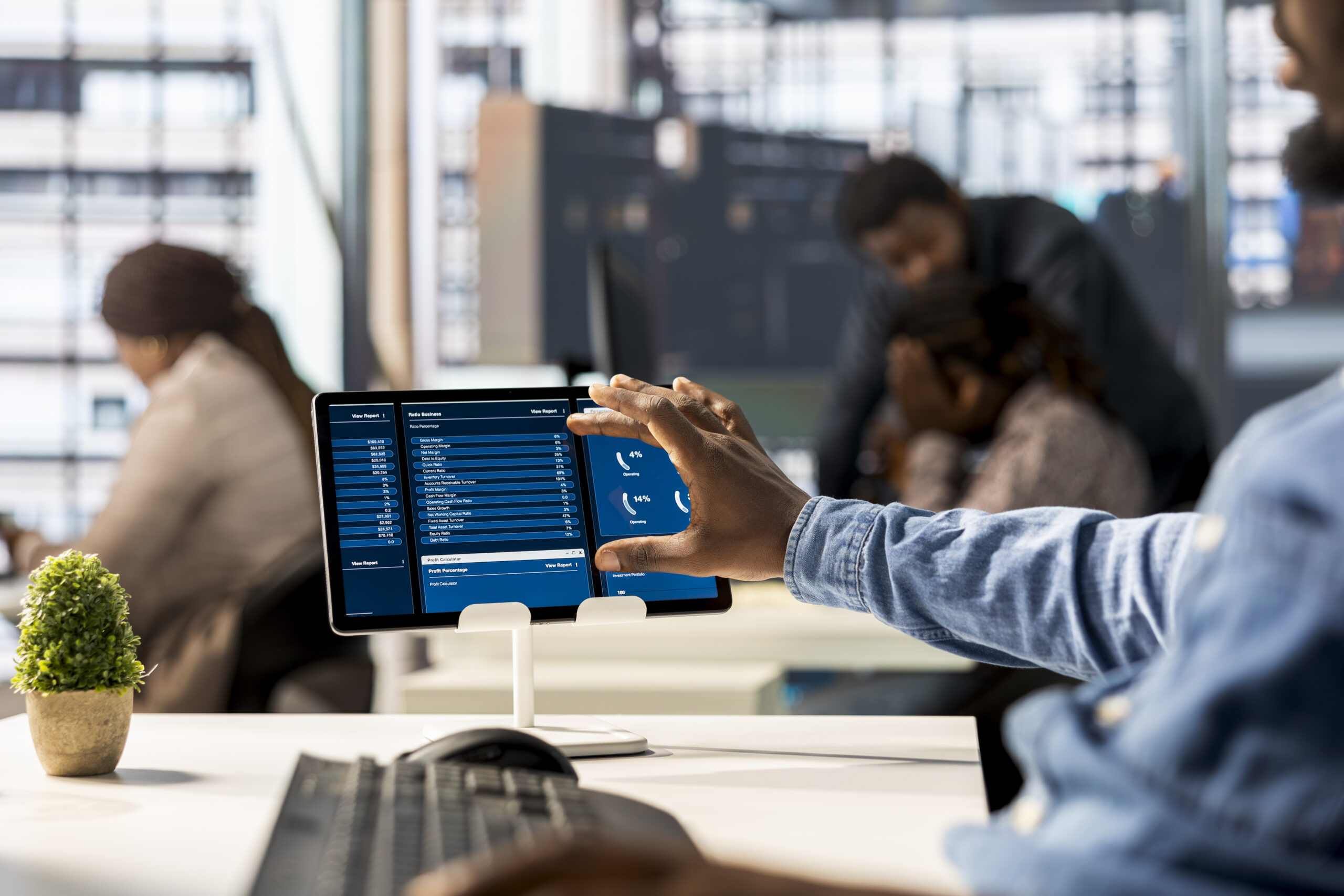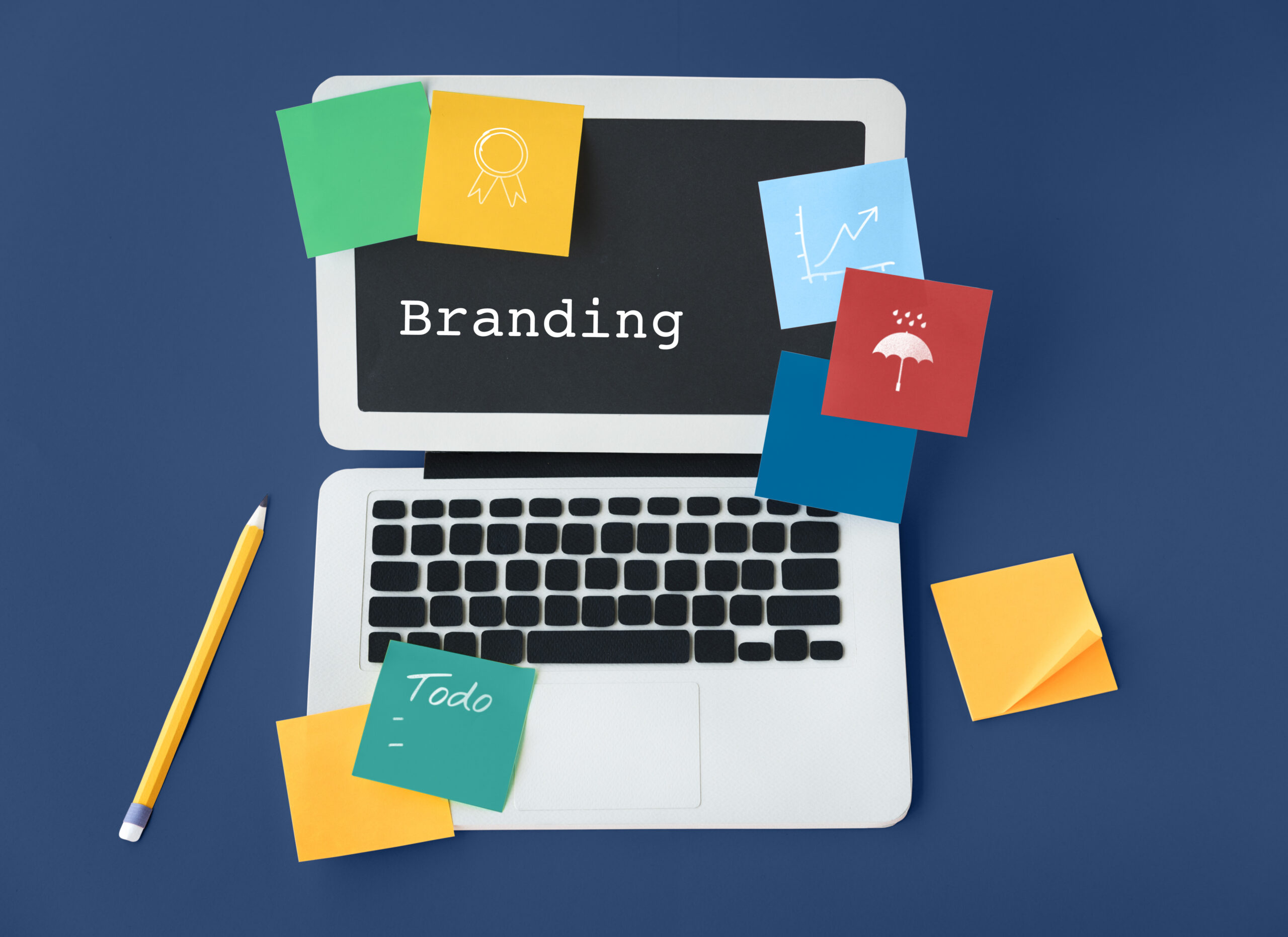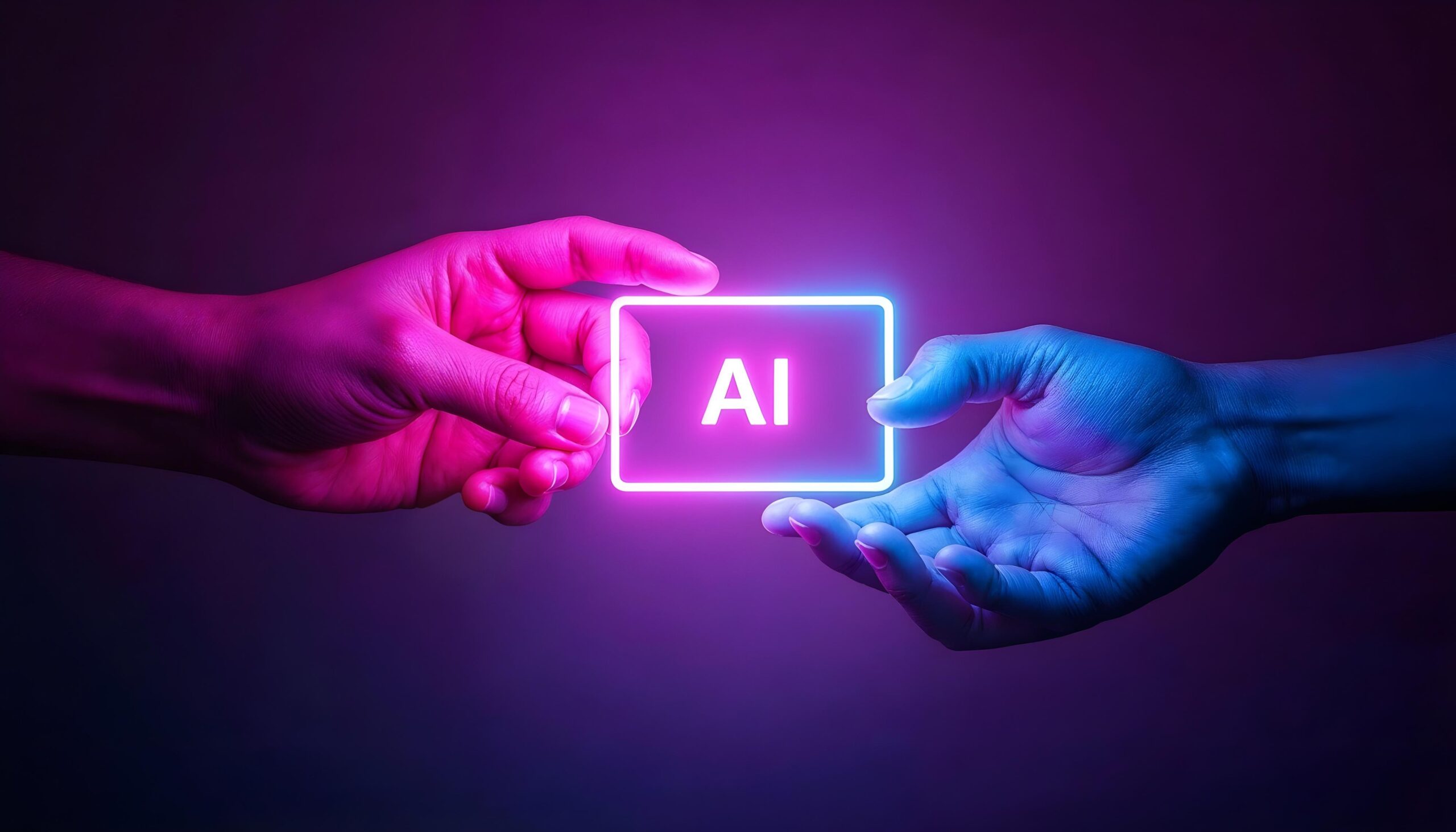Since the announcement of major technology companies investing massively in the metaversThe professional world is watching this transformation with curiosity. For some, it is a digital gadget. For others, it's a revolution comparable to the arrival of the Internet or the smartphone. The truth probably lies somewhere in between. As you can already see, working practices are changing rapidly, and the metavers becomes a discreet but powerful catalyst.

The impact of metavers: a new dimension of work
Le metavers refers to an immersive, persistent and interactive digital space where users can meet, collaborate and create via avatars. Unlike traditional videoconferencing, it offers a spatial and emotional dimension that is closer to physical reality.
For you, this means that geographical distance becomes even less important. You can attend a meeting, visit a virtual factory or take part in a fully immersive training course, without leaving your office.
This environment is redefining business practices. It's no longer just about communicating, but about working in a simulated world where interactions reproduce human presence. This is where the impact of the metaverse The fusion of the real and the virtual in work processes.
Immersive collaboration and meetings
Since the pandemic, online meetings have become the norm. But they have also shown their limitations: eyestrain, lack of attention, lack of emotion. Visit metavers attempts to remedy this by offering an interactive 3D environment.
Imagine entering a virtual room where each colleague is represented by an avatar. You can move around, approach each other and talk naturally. Attention becomes more fluid, commitment stronger. Pioneering companies claim that productivity and team cohesion are enhanced as a result.
For you, this approach changes everything. Interactions are no longer flat but contextual. You read the postures, you feel the proximity. It creates a more human form of collective intelligence, even at a distance.
This is where the impact of the metaverse is becoming concrete: it gives an emotional dimension back to digital work.
Immersive learning and training
Vocational training was one of the first areas to be transformed by the metavers. Immersive simulations allow you to learn by experiencing. You can manipulate a virtual machine, test a crisis management scenario or perfect a presentation in a realistic space.
The advantage is twofold. You gain in commitment and memory. The brain retains better what it experiences than what it reads. And you reduce the cost of travel and materials.
Many industrial and medical companies are already using immersive environments to train their employees. These practices encourage rapid and safe skills development.
In this way, learning becomes a living experience, rather than simply the transmission of knowledge. This change illustrates once again the impact of the metaverse on professional uses.
Recruitment and integration in the virtual world
Human resources are also experimenting with metavers. Some companies organise virtual job fairs or interviews. You can meet recruiters in interactive areas, explore a mock-up of the head office or chat with avatar employees.
The benefits are obvious: it makes recruitment more human despite the distance. Candidates get a feel for the company's culture, working environment and atmosphere. For you, the manager or recruiter, this means that you can enhance your image and assess spontaneity in a way that is not possible via videoconferencing.
The integration of new employees is also changing. In a metavers In-house, you can welcome your staff into a virtual office, show them the procedures, or organise a gamified training course. This immersion encourages cohesion and a sense of belonging.
New business models and hybrid workspaces
Companies are starting to rethink the way they are organised. Virtual offices, digital showrooms and collaborative workshops are becoming increasingly common. You can now present a product to a customer on the other side of the world, in an interactive 3D environment.
Le metavers is also paving the way for new business models: virtual space rental, professional avatar design, augmented reality consultancy services. These are professions that didn't exist five years ago, and they are already redrawing the boundaries between technology and creation.
For businesses, the advantage lies in flexibility. You can reduce your property costs, cut down on travel and offer a smoother working experience. The professional space becomes modular, divided between the real world and the digital world.
This gradual adjustment further demonstrates the impact of the metaverse on the way you work, trade and sell.
Limits and risks to anticipate
Every innovation brings its challenges. Visit metavers raises legal, ethical and psychological issues.
How can data protection be guaranteed in a virtual space?
How can you avoid the cognitive overload associated with prolonged immersion?
And above all, how do you maintain the boundary between your professional and personal life?
As you know, technology is not neutral. Constant engagement in a digital environment can create a form of emotional fatigue. Companies will need to introduce rules on usage: limited connection time, real breaks, the right to disconnect.
Questions of confidentiality and security remain central. Avatars can collect precise behavioural data. Cybersecurity will have to evolve to meet these new threats.
Despite these challenges, innovation is moving forward. The key will be to adopt metavers with discernment, without giving in to fascination or rejection.
Putting people at the heart of innovation
Behind the technology is you. People remain at the heart of this transformation. Visit metavers does not replace human relationships, it extends them. It offers a new space for expression, exchange and creativity.
To reap the benefits, businesses need to stay on a clear course: use technology to foster collaboration, not isolation. This requires both strategic and ethical thinking.
Leaders who succeed in establishing this benevolent digital culture will build a lasting advantage. Because beyond the tools, it's the way we work together that is changing.
Towards a new professional model
The future of work will be neither entirely virtual nor entirely physical. It will be hybrid, fluid and contextual. You will take part in virtual meetings in the morning and collaborate face-to-face in the afternoon. This alternation will become natural.
Le metavers is not a passing fad. It's reshaping the way we do things, the way we work and the way we relate to each other. Its practical applications will continue to multiply: project management, continuing education, product innovation and customer relations.
As long as it remains meaningful, this development can be beneficial. Innovation must remain a means to an end, not an end in itself.
Conclusion: a horizon under construction
L'impact of the metaverse is only just beginning. Behind the word hides a promise: that of a more immersive, more collaborative workplace, but also one that demands greater responsibility.
You, as a professional, will be at the heart of this transformation. The way you communicate, learn and create will change profoundly.
Le metavers is not just a technological tool. It is an area of opportunity, provided we understand what is at stake. Companies that adopt it intelligently, without forgetting the human element, will be shaping the face of work in the future.

